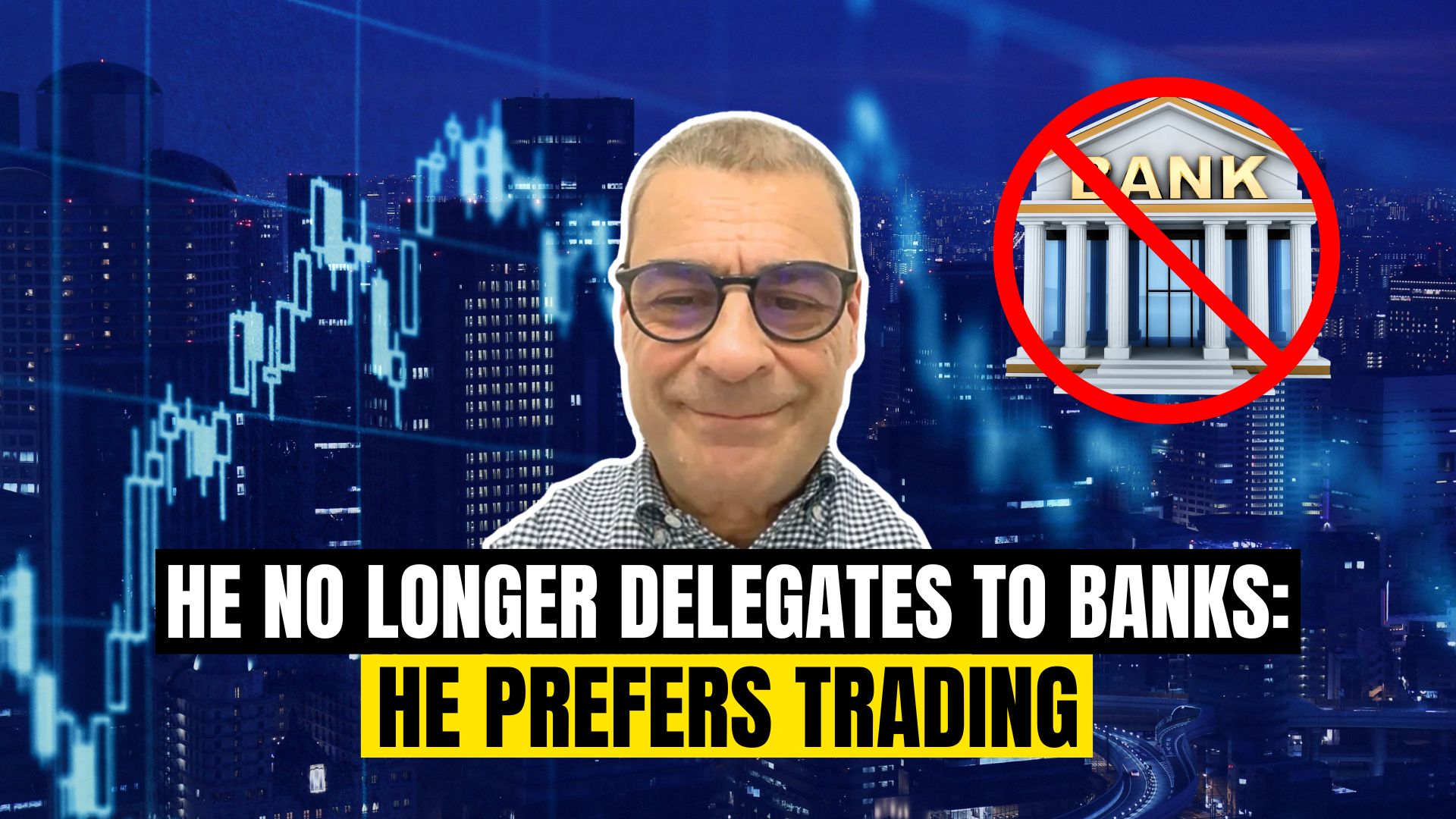Hello again everyone and welcome back! One of the coaches at Unger Academy here, and again this week, I’m here to discuss with you the trends of the market.
Alright, so, let’s start with our usual analysis of the stock indexes, and in particular, we see that the U.S. stock indexes are basically unchanged at the moment.
The Nasdaq is losing 0.16%, and the Mini SP is losing 0.32%.
In contrast, on the other hand, the European stock exchanges continue to outperform.
The Eurostoxx is currently up by +1.50% while the Dax is up by +1.33%.
By changing the screen, you can easily notice the difference in performance between the two markets.
That’s the Eurostoxx, and look at the Nasdaq instead.
Still talking about stock indexes, we can see that the long-term volatility is much higher for the U.S. indexes than for the European indexes.
And, of course, you know, this fact depends precisely on the different performance that they have shown in the last few months.
Moving on to Bonds, which are performing well this week. The 30-year US bond is up +1.66% right now.
And it’s up for the second week in a row, which gives us hope.
Also, the Bund is performing well at +1.05%.
Little movement in the US 10-year bonds.
On to the energy market, we have a drop of -11% in Crude Oil, almost -12% right now.
And there’s also a big drop in Gasoline.
On the other hand, Natural Gas went against the trend.
The Metals sector is negative across the board.
Copper, in particular, has lost almost 6.50% at this point.
On the other hand, not much to report on the Meat market.
On to soft commodities, also negative.
Coffee, in particular, is worth mentioning here, given that it has been in a definite downward trend for several weeks now.
And in the last five days, it’s lost 5.77%.
The trend in Grains is, let’s say, mixed.
We’ve got an increase in Corn and a significant decrease in Soybeans of -6%.
Turning to currencies, let’s take a quick look at what’s happening with the Euro-Dollar.
We are at the value of 1.0378, which, as you remember, is very close to what we saw last week.
In general, we can say that the US Dollar is gaining strength, except against the British Pound.
If we turn instead to cryptocurrencies, Bitcoin has gained +3.61%, which is very little compared to the declines that we’ve seen in recent months,
and it seems to be consolidating around a value of $16,500, with a low of around $15,000.
Let’s also take a look at the term structure of implied volatility, which is currently in full contango, in other words, the volatility term structure that we have when the equity markets are calm.
And yeah, we see that volatility continues to fall. Let’s take a look at the Vix. You see, it’s at the lower end of the range that it has touched over the last nine months.
So, it looks like right now, traders aren’t particularly worried about the future performance of the equity markets.
It’s time to take a look at the rollover calendar.
I’ve broken it down by maturity. On November 22, we have the rollover for Natural Gas futures, Bitcoin and Ethereum.
I’d like to remind everyone that November 23 is Thanksgiving, so the markets are closed.
Finally, on the 25th, we have rollovers on different asset classes, such as bonds and soybean derivatives, namely Soybean Oil and Soybean meal.
We have Corn and Wheat.
In metals, we have Gold, Copper, and Silver.
As for energetics, we have Heating Oil and Gasoline.
And finally, also on November 25, Live Cattle and Lean Hogs.
Okay, well guys, before I say goodbye, I have got another suggestion for you. If you’re interested in systematic trading, I suggest that you go and look at the link in the description of this video. By clicking on it, you can watch a free presentation by Andrea Unger, the only four-time World champion in real-money trading, who will introduce you to his trading method, which allowed him to achieve these incredible results.
And from the same link you can also get a copy of our best-selling book called "The Unger Method” covering only the shipping costs, or sign up for a free strategy consultation with a member of our team.
And that’s it for now!
As a reminder, please subscribe to our channel and leave us a Like if you enjoyed this video.
Have a great weekend everyone and we will see you again next week! Bye bye for now!







